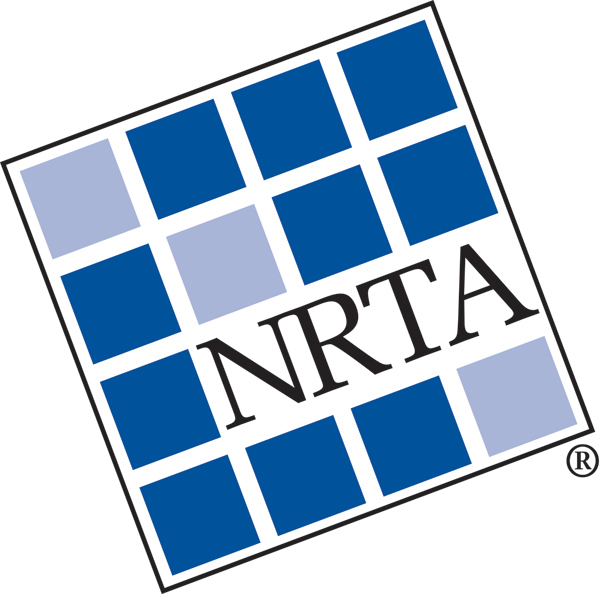Tenant entered into two, virtually identical leases for adjoining tracts of land in New Jersey. Tenant’s plan was to consolidate the two tracts and build a bank. Both leases included two contingency periods. The first was the Inspection Period, which gave Tenant ninety days to evaluate the suitability of the location for a bank and provided that Tenant could terminate the lease during this period “for any reason.” At the end of the initial Inspection Period, the six-month Approval Period would be- gin. During the Approval Period, Tenant was required to seek all necessary government approvals and permits. Tenant had the ability to extend the Approval Period for up to two, additional 3-month periods. Tenant was given the right to terminate the leases during the Approval Period if, despite “good faith and commercially reasonable efforts,” Tenant was unable to procure a required approval or permit. The Inspection Period ended without Tenant terminating either of the leases. During the Approval Period, Tenant retained several experts and submitted multiple plans, reports and assessments to various governmental committees for approval. During this process it became apparent to Tenant that, due to committee delays and requested changes, it would be procedurally impossible to receive all of the needed approvals before the end of the Approval Period. Two days before the end of the initial six-month Approval Period, Tenant notified Landlord that it was terminating the leases. Landlord contended that Tenant had not used good faith and commercially reasonable efforts as required under the leases, because Ten- ant was contractually obligated by the implied covenant of good faith to see the approval process through to its conclusion, even if that meant that Tenant had to extend the initial Approval Period for one or both of the permitted three-month extensions. On appeal, the court held that the implied covenant of good faith requires parties to a contract to act in good faith when they exercise discretion in performing contractual duties or the right to terminate. However, the court noted that the terminating party’s good faith obligation only applied up until a termination of the agreement. In this instance, the court determined that Ten- ant had used “better than” commercially reasonable efforts to secure governmental approvals. Thus Tenant had performed in good faith under the leases until it exercised its contractual right to terminate, and the court concluded that there was no basis to find that Tenant had breached the implied covenant of good faith.
Keeping the (Good) Faith
Keeping the (Good) Faith
